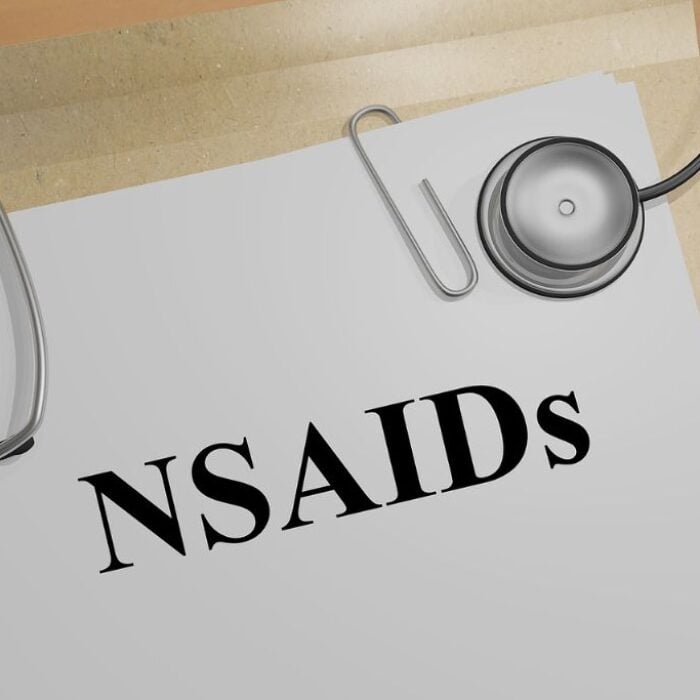Beverly Hills, Calif. (August 29, 2011) – Opiate treatment has seen many advancements over recent years, however, it’s important for long-term recovery that patients receive comprehensive pre and post-treatment care. Prolonged use of opiates like oxycodone, methadone, and Vicodin, cause both physical and emotional changes in the body that must be carefully addressed during and after treatment, according to Dr. Michael Lowenstein who specializes in the Waismann Method, an advanced procedure for rapid detox from opiates.
“Misuse of opiates can lead to emotional and physiological changes in the body due to chemical changes that occur, which can result in permanent health problems and extreme stress, leading to relapse,” said Dr. Lowesntein. “For these reasons, it is imperative to integrate close observation and care throughout the entire length of any drug detoxification program, including care from medical staff and therapists following any treatment, which may not always be made available.”
An individualized After Care is Crucial for an Effective Opiate Treatment
The side effects of prolonged opioid abuse can be extremely severe, including gastrointestinal damage, dry mouth, dry eyes, affected sleep patterns, constipation, anxiety and even social impairment. In addition to treating the physical effects, patients should receive tailored care from psychologists and mental health professionals. All patients have different medical and dependency issues, which is why a proper assessment and opiate treatment program are imperative to assuring safety and success, and helping them learn to cope with any issues that may be realized after they are no longer using opiates.
The Waismann Method opiate treatment is designed to meet patients’ medical, psychological and social needs in order to achieve success. Performed in a hospital intensive care unit, the Waismann Method involves careful administration of medications to reverse the physiological dependence on opiates while the symptoms of withdrawal are addressed. Following medical treatment, patients are taken to Domus Retreat for an assessment to determine any underlying causes of dependency, and a customized aftercare plan is assigned to ensure a healthy and effective transition to life without opiates. Patients of the Waismann Method achieve an extraordinarily high success rate because they no longer fight the constant physical cravings for opiates that have led them to relapse in the past, and are aided by medical professionals in helping them cope without the use of numbing narcotics.
At Domus Retreat our staff goes above and beyond to assist each guest every step of the way. Opiate treatment centers, tend to be a cold and judgmental experience. Domus Retreat’s compassionate staff; posh setting and lush grounds are anything but that. Our beautifully decorated home and private suite, provide the type of atmosphere one needs to regain strength and start feeling well. Domus truly provides a recovery setting retreat for people who are serious about their recovery and who want to learn how to live fully again. Recovering in our home can help you or a loved one make the transition back to the healthy opiate free life you have been searching for in a most comfortable, safe and effective manner.
















